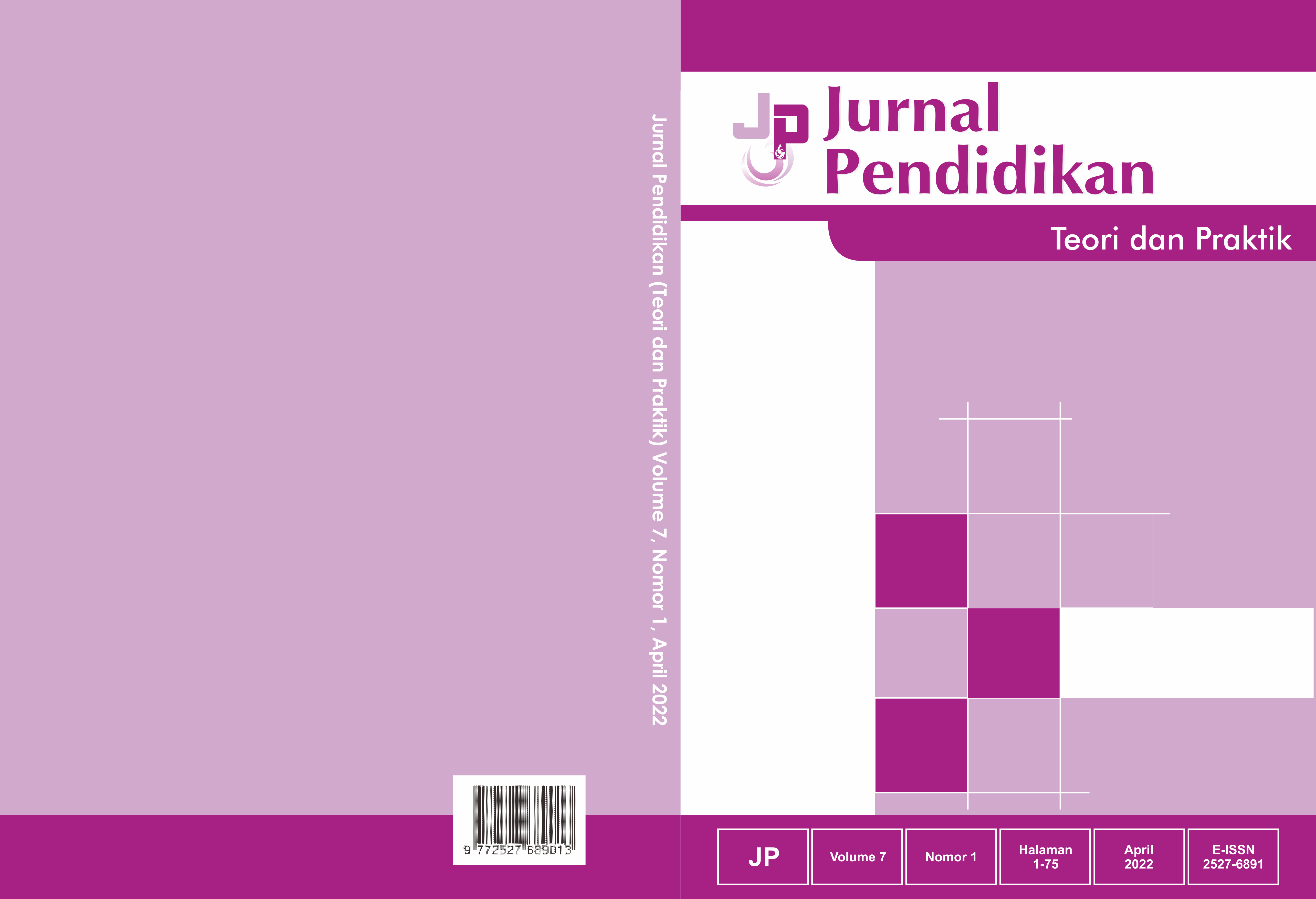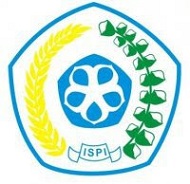BIBLIOMETRIC ANALYSIS OF MACHINE LEARNING ON DEVELOPMENT RESEARCH FOR EDUCATION IN INDONESIA
DOI:
https://doi.org/10.26740/jp.v8n1.p29-36Keywords:
Bibliometric, Publication, Machine learning, Education, ScopusAbstract
Artificial Intelligence – Machine Learning has great potential to help the development of education in Indonesia. So, it is important to map the research that has been done, whereas it can be a strategy to explore the use of Machine Learning for efficient the development of education. This research was conducted to determine the development of publications through article content, authorship patterns, and author productivity. The method used is descriptive bibliometric analysis, data source from the Scopus indexer, while data collection is carried out with Publish or Perish software and Vos Viewer as bibliometric analysis media. The following research findings: (i) Articles about Machine Learning in Indonesia are spread in various journals. And showing significant improvements with various new themes, the fields that most often appear are those related to computer science or Machine Learning development processes. (ii) In general, in 2009-2021 as many as 446 researchers produced 533 articles. The most research publications in 2020, namely 161 articles (30.1%). And related to the field of education there are only 14 articles (2.6%). (iii) The Keywords related to popular fields/subjects are Indonesian, development, prediction, approach, international conference. While keywords related to education produce higher education, education technology, smart educational robots and engineering education.
References
A. Burkov, The hundred-page machine learning book, vol. 1. Andriy Burkov Quebec City, QC, Canada, 2019.
M. P. Deisenroth, A. A. Faisal, and C. S. Ong, Mathematics for machine learning. Cambridge University Press, 2020.
Downloads
Published
How to Cite
Issue
Section
License

This work is licensed under a Creative Commons Attribution-ShareAlike 4.0 International License.
 Abstract views: 508
,
Abstract views: 508
, PDF Downloads: 568
PDF Downloads: 568








.png)





